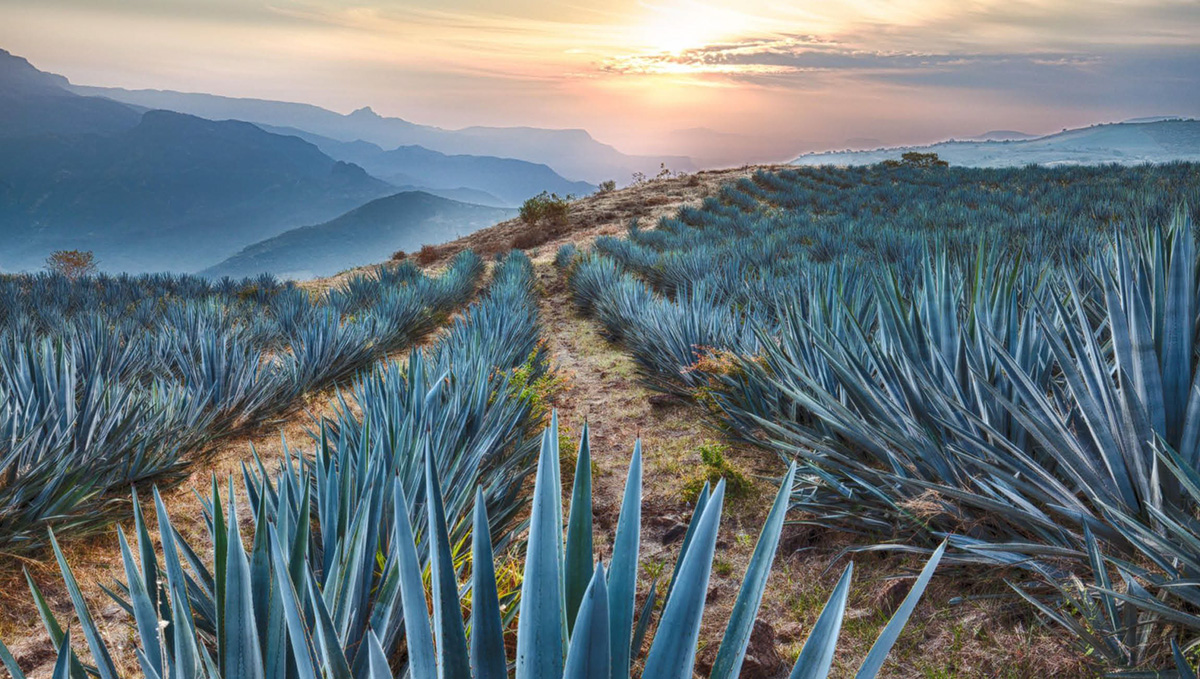News EnglishDecree amending provisions of the Federal Law on Industrial Property Protection and the Federal Copyright Law.
We hereby inform our clients of the Decree amending, among other laws, the Federal Law on Industrial Property Protection (“LFPPI”) and the Federal Copyright Law (“LFDA”), dated January 15, 2026.
In addition to the LFPPI and the LFDA, the Decree introduces amendments to various federal laws with the aim of incorporating a gender perspective and promoting substantive equality between men and women in art and industrial creations. For the purposes of this Newsletter, we will focus on those implications for the registration and exercise of rights related to copyright and industrial property.
This Decree amended the LFPPI and the LFDA to strengthen gender equality and the effective participation of women in all aspects of intellectual property, also involving the authorities responsible for protecting these rights, which now include measures to ensure equitable treatment in all proceedings.
Among the main changes to the LFPPI are:
- Guaranteeing substantive equality and promoting the active participation of women in the creation, registration, and exercise of industrial property rights.
- Disseminating information on patents and registrations in an accessible manner, ensuring the participation of women and vulnerable groups.
- Implementing strategies that promote the inclusion of women in technology transfer and industrial development programs.
- Developing incentive and support programs with a gender perspective, aimed at increasing female participation in the industrial and technological sector.
- Train human resources specialized in industrial property with a gender focus, ensuring equitable participation in the management and administration of rights.
This amendment sought to amend four articles of the LFPPI based on the argument of modernizing the industrial property regime in Mexico and adapting this system to be more similar to the international model:
- Article 2: A second paragraph was added to section I to establish that the authorities must:
-
- Guarantee substantive equality between women and men.
- Promote the effective participation of women in the processes of creation, registration, and exercise of industrial property rights.
-
- Article 3: It is established that, in matters not provided for by the Law, the following shall apply:
-
- The Federal Administrative Procedure Law.
- The National Code of Civil and Family Procedures.
-
- Article 5: Powers of the IMPI
- Section XVI
- Its powers are updated to bring them into line with modern criteria for administrative action.
- Section XX, subsections d) and e)
- Specific scenarios within one of IMPI’s powers are modified, clarifying or expanding its actions in certain procedures.
- Section XX, subsection f)
- A new specific power is added to the IMPI within that section.
- Section XXI
- The wording is adjusted to update powers or coordination with other authorities.
- Section XXXII
- A general power of the Institute is updated to bring it into line with the new regulatory structure.
- Section XVI
- Article 400: Amended to harmonize judicial procedures with the National Code of Civil and Family Procedures.
-
- Unification of procedural criteria at the national level.
- Greater consistency between the industrial property system and the new civil procedural model.
- Does not modify substantive rights, but rather the way in which litigation is handled.
-
Simultaneously, Representative Delhi Miroslava Shember Domínguez, from the Morena parliamentary group, submitted a bill to amend Article 233 of the LFPPI, which seeks to ensure that the procedure for declaring the actual and effective use of marks not only be available for three months after the completion of three years following registration, but also be submitted from three months prior to the completion of the third anniversary of registration.
This bill has not been published in the Official Gazette of the Federation, although it is already in process.
On the other hand, the LFDA was also updated with various provisions aimed at strengthening gender equality and facilitating women’s participation in the creative and registration fields. Among the most relevant changes are:
- Promoting substantive equality and eliminating administrative obstacles that hinder women’s participation in the creation and registration of works.
- Promoting affirmative action that encourages the presence of women creators in all branches of copyright.
- Providing enhanced protection to female authors whose works are published under a pseudonym or have not been disclosed, with measures to reduce administrative barriers.
- Promoting initiatives that encourage the registration of women’s works, increasing the visibility of female creators.
- Maintain an up-to-date historical archive with information disaggregated by gender, allowing for the identification and appreciation of women’s participation in artistic and literary creation.
- Conduct procedures under equitable conditions, incorporating a gender perspective and approach at all stages of the registration and protection of works.
These changes impact both the authorities in charge of the matter and the applicants and users of the Mexican Intellectual Property System, seeking to influence the way they interact with the processes of registration and management of rights.
For more information on these reforms and related initiatives, we invite you to stay tuned to VAHG’s Newsletters and Publications, where we will continue to share timely analysis and practical perspectives on their potential impact.
| Mariana González Sánchez|Partner
Intellectual Property +52 (33) 38171731 Ext. 222 | mgonzalez@vahg.mx |
Martín Arias Cuevas | Associate
Intellectual Property +52 (33) 38171731 Ext. 236 | ariascuevas@vahg.mx |
Daniel Angulo Espinoza|Intern
Intellectual Property
+52 (33) 38171731 | pasantes@vahg.mx
**The publication of this document does not constitute legal, accounting, or professional advice of any kind, nor is it intended to be applicable to specific cases. This document refers only to laws applicable in Mexico.










